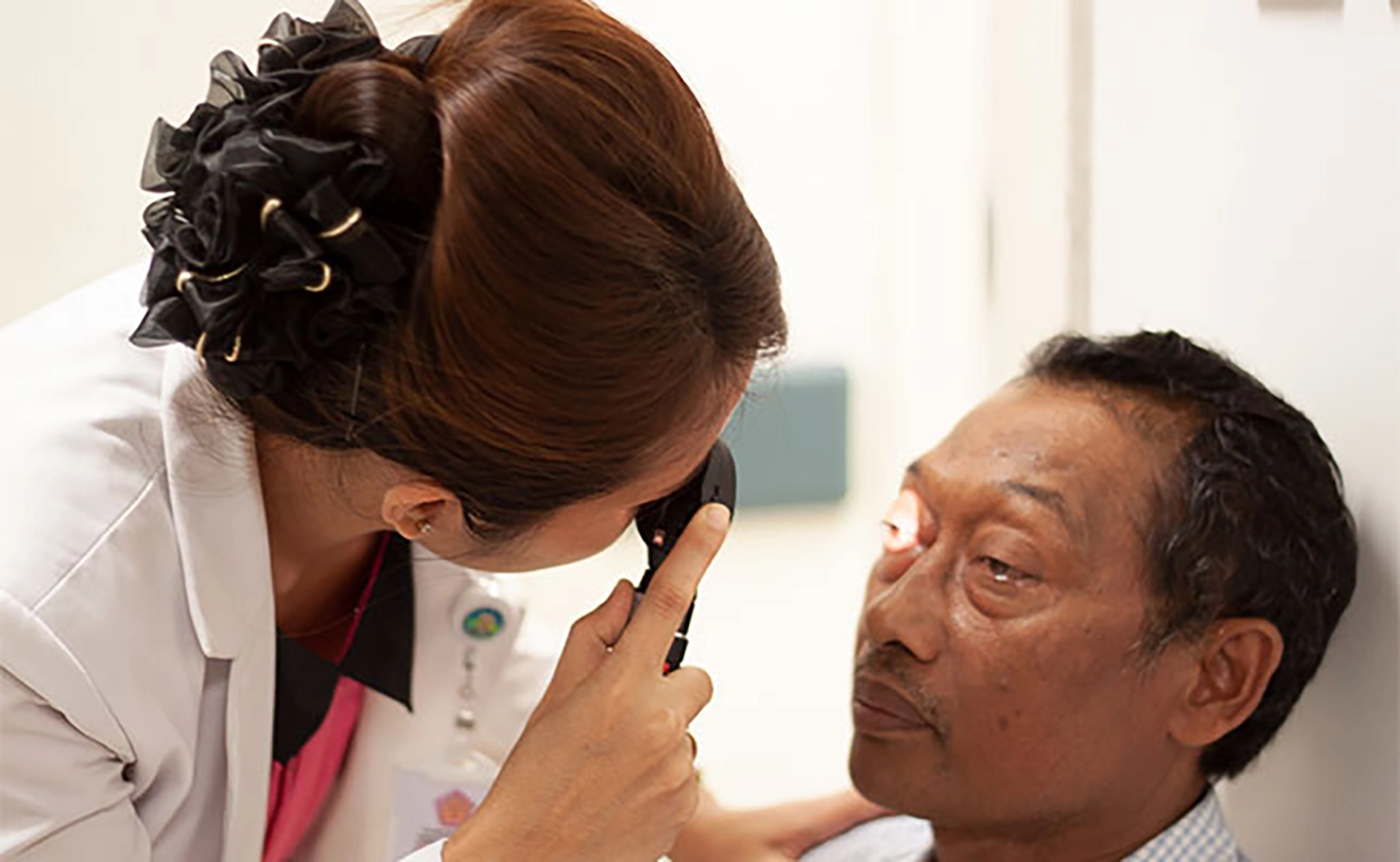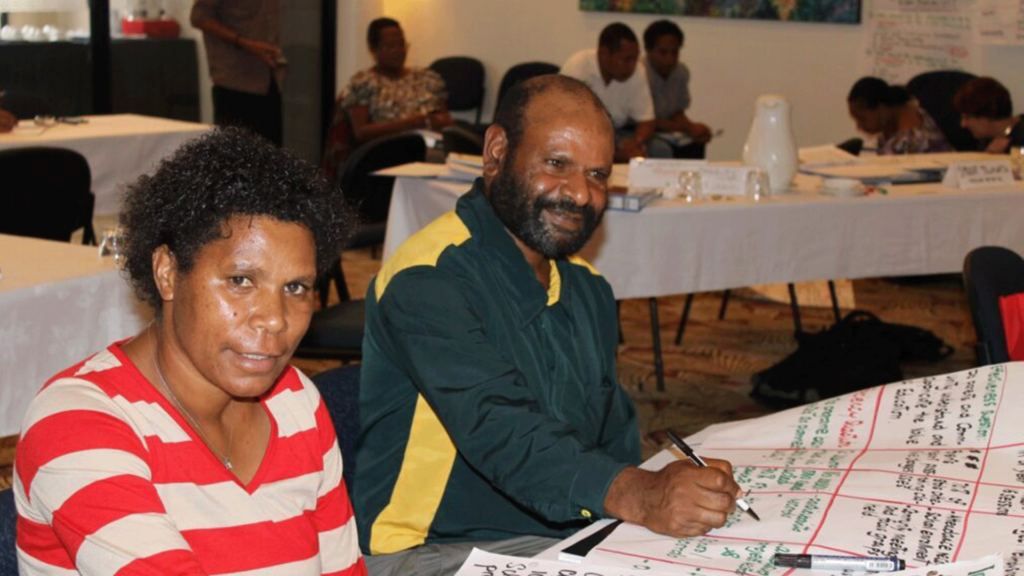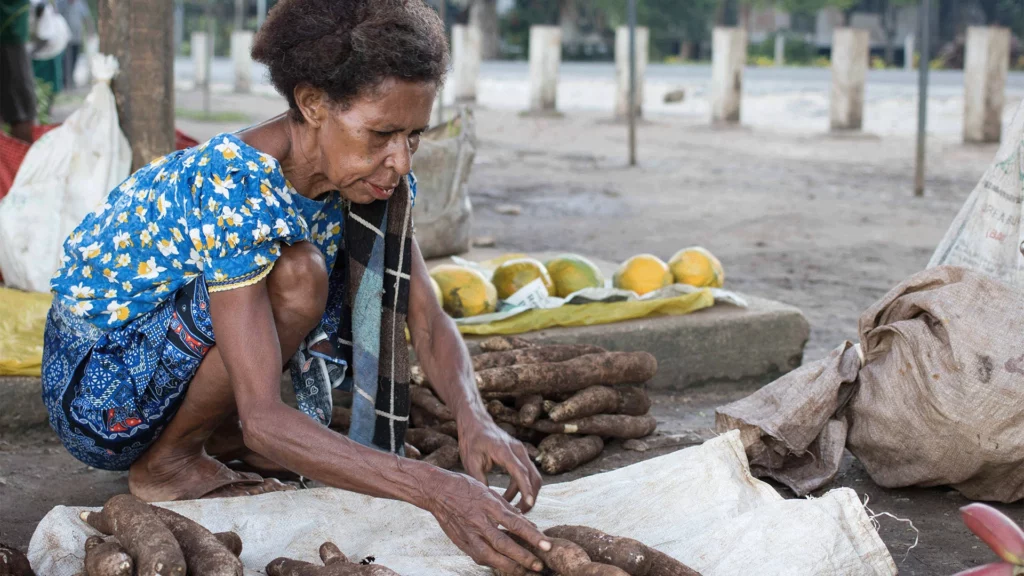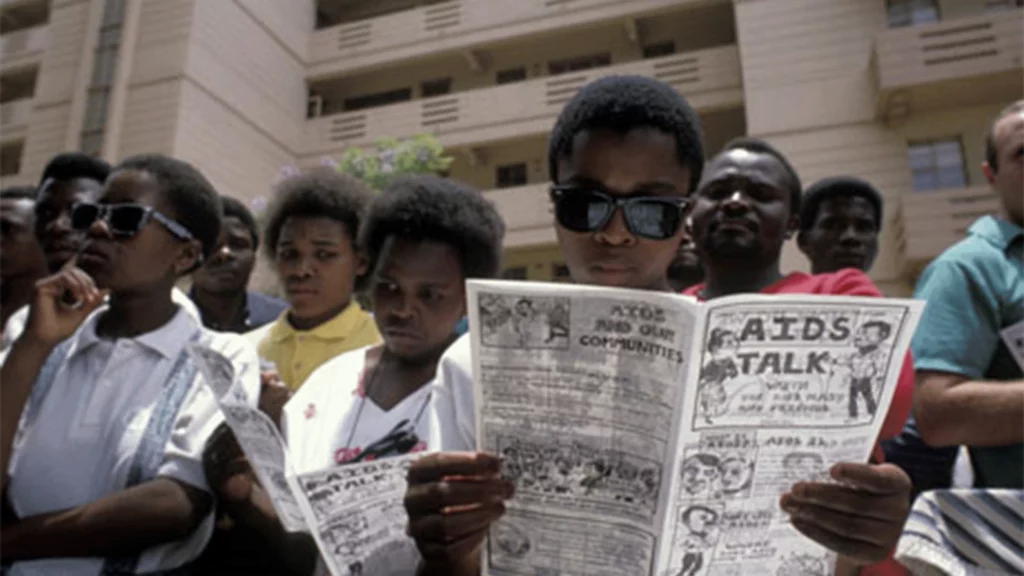
Delivering the gift of sight to the people of Bali through quality and affordable eye care to reduce and mitigate the link between poverty and blindness.
Situation
Eye health issues can be the difference between a low income household having some earnings and absolute poverty. Being unable to see too often leads to being unable to work, leading to further hardship within families.
Solution
The Australia Bali Memorial Eye Centre was opened with funding from an Australian Government investment of $10.5 million to improve health services in Bali, as a memorial to individuals from both countries who died in the Bali bombings in October 2002.
The purpose of the program was to deliver best-practice eye care to Bali individuals and to support and improve the ongoing delivery of eye surgery through training and equipment.
The eye centre, which opened in July 2007, was established on the campus of a provincial hospital and provided assessment and diagnosis of patients with general eye diseases, specialising in lens and refraction, cataract surgery, glaucoma, and retinal surgery.
The Centre consisted of a general eye outpatient service, a small overnight ward, two operating theatres with three operating tables and wet laboratory training facilities for training eye surgeons.
It also had some pathology and diagnostic imaging services, and two mobile clinics used to provide free operations to the poor in rural areas.
Result
The six-year partnership between the Australian and Indonesian Governments has resulted in access to higher quality eye care and eye surgery in Bali.
The Australia Bali Memorial Eye Centre is considered a success, with an increase in local eye surgery of more than 20% and more than double the eye care specialities now offered.
Patients to benefit from the centre included Pak Wayan Sama, who was earning a living as a sculptor for the Balinese tourist market at the age of 53 when his eyesight started to fail. Every morning after the sun came up his vision became blurry and he could not ride or walk for long distances.
Eventually he could not see well enough to work so he had to rely on his son to provide an income for his family. Pak Sama knew he needed treatment but, being a poor man, he wasn’t sure if he could afford it.
Pak Sama was told by his local health centre he had a cataract and that eye surgery would remove it. Due to his economic circumstances, he was eligible for some support towards the eye surgery at the Australia Bali Memorial Eye Centre.
“I will go back to work because I am still young,” Pak Sama said.
Client
Australian Department of Foreign Affairs and Trade (DFAT)
Location
Bali, Indonesia
Duration
2007 – 2013


